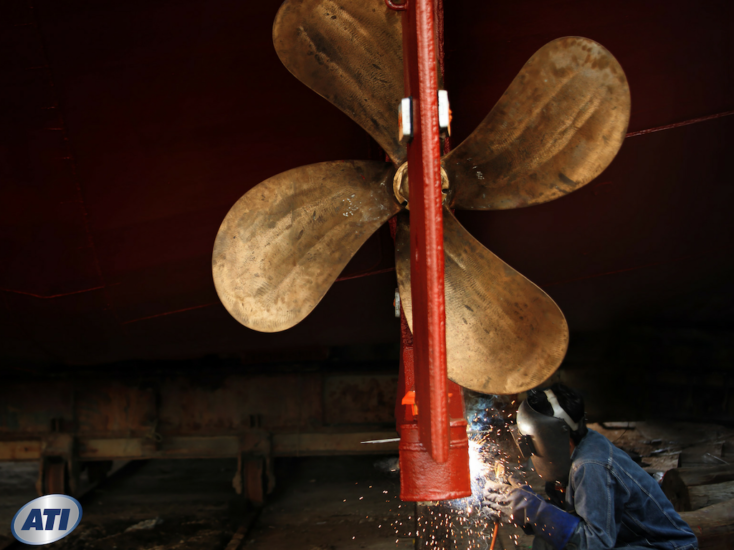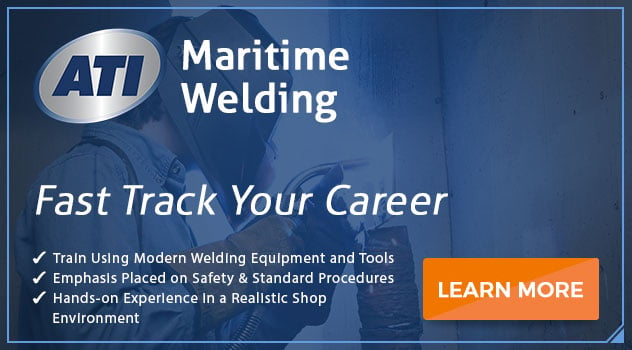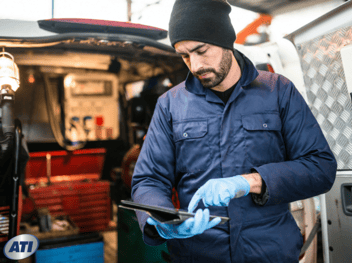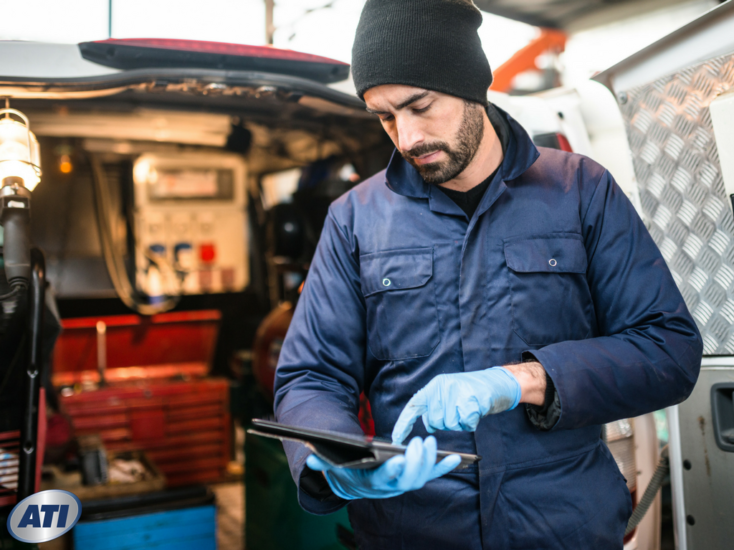Maritime Welding Jobs for Graduates: Where Might I Get Hired?

Maritime welders work all over the world, from the east and west coasts of the United States of America to the heartland to anywhere you find boats being used to help people make a living.
The welders have steady hands, good eyes, and the training it takes to be able to help repair, overhaul and build sea- and lake-faring vessels of all shapes and sizes. It’s a proud profession that is tight-knit, well-supported, and growing, according to the American Welding Society.
Here’s a look at some of the places where you might get hired once you’ve been trained in maritime welding.
Ports, harbors and dry docks
The ships that navigate the world’s oceans can take quite a beating. Waves, weather, and time can cause them to break down — and broken down ships don’t make their owners money.
Therefore, they’re brought to ports, harbors, and dry docks located in major cities along both coasts and the Gulf of Mexico. That’s where maritime welders are waiting to make repairs.
The busiest ports in the country are located in southern Louisiana, Houston, and New York, according to World Atlas, but there are also busy ports in Los Angeles, Chicago, Anchorage, Alabama, Virginia, and many other places.
These ports bustle with activity, with large ships constantly coming and going — and many need to be serviced.
Public and private ports
While you might think that most shipyard, harbor, and dry dock jobs are in the private sector, working for shipping companies that move millions of dollars of merchandise around the world each year.
And you’d be right.
But there are also plenty of maritime welding jobs available in the public sector, working for government agencies.
If you’re already in the military, such as the Navy or the Coast Guard, maritime welder can be a great career with outstanding benefits.
On the rigs
Some of the highest paying, most rewarding jobs in maritime welding aren’t in ports or even on ships. They exist out in the Gulf of Mexico, on offshore oil rigs.
Maritime welders who work on oil rigs take helicopters to work. They live on an island with other people who work to keep the lifeblood of America flowing. They are irreplaceable on the rigs, and often earn much more than their counterparts, who work in ports or inland locations across the country.
Overseas
Not all great maritime welding jobs are in the United States. Many are available in countries around the world with which American businesses work.
This could include South Korea, South America, and Africa. Jobs in foreign countries offer adventures that not everyone will get to experience. You might find yourself in new communities, meet new people, and learn their cultures.
In the Midwest
Many people don’t know this, but big ocean-liners often make their way into the center of the country all spring, summer and fall long.
They make their way through the Great Lakes Waterway, from the eastern seaboard all the way through the Great Lakes — from Lake Ontario to Lake Huron to Lake Michigan and Lake Superior.
They carry fuel, grain, and other goods from the east coast all the way to Duluth, MN. And often they need to be repaired along the way.
If you are the type of person who likes living in the Heartland, consider a job in a port on one of the Great Lakes. You could live in a smaller city, like Duluth, or a larger one, like Cleveland. Either way, you could carve out a great career for yourself.
Start planning your adventure today
A career as a maritime welder with an Associate of Occupational Science Degree in Maritime Welding can take you across the country, around the world and from sea to sea. But you need to have the training, skills, knowledge and education before you can land that first job.
If you are interested in exploring a marine welding career, connect with the Advanced Technology Institute today!
Industry Knowledge
Welcome to the Advanced Technology Institute's Blog, your resource for industry insights and discussions on technologies shaping the future of automotive, heavy vehicle, hvac, welding, and other related career paths.
Explore how ATI's curriculum and hands-on learning opportunities can propel your career in the tech-driven world.






